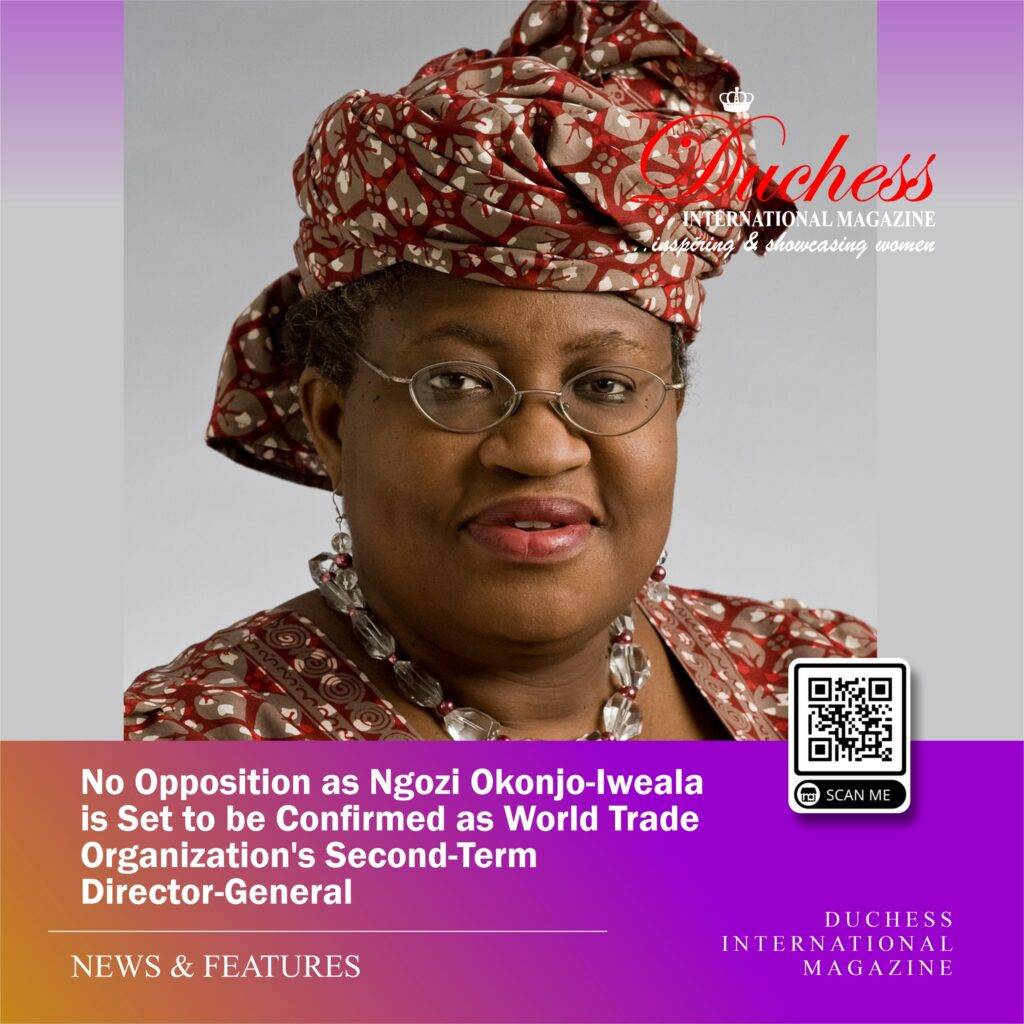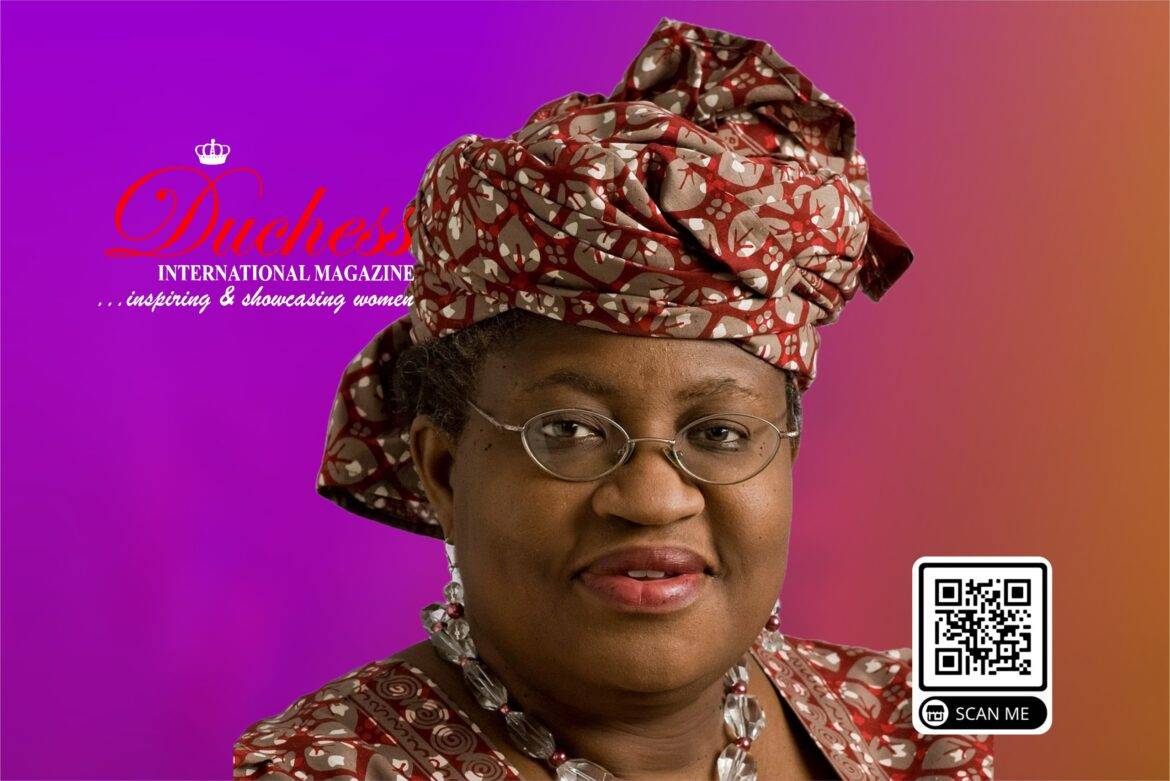As the deadline for nominations passes, Ngozi Okonjo-Iweala stands unopposed to serve a second term as Director-General of the World Trade Organization (WTO), marking a historic continuation of her transformative leadership. Her journey not only broke barriers as the first woman and first African to head the WTO but has also been characterized by resilience and reform-driven vision.
On Saturday, Norwegian Ambassador Petter Olberg, Chair of the WTO’s General Council, confirmed that “no further nominations” were submitted before the deadline, leaving the 70-year-old economist as the sole candidate. With this uncontested nomination, Okonjo-Iweala is expected to remain at the helm after her current term ends in August 2025.
This marks a pivotal moment for the WTO. Okonjo-Iweala’s first term began under contentious circumstances, as her nomination initially faced staunch opposition from the U.S. administration under former President Donald Trump, who had backed South Korean candidate Yoo Myung-hee. However, in a turning point for the WTO, President Joe Biden reversed Trump’s stance upon assuming office, allowing Okonjo-Iweala’s appointment by consensus.
Since stepping into office in March 2021, Okonjo-Iweala has committed to reshaping the WTO’s role in the global economy. She has pursued critical reforms aimed at modernizing trade mechanisms, combating bureaucratic stagnation, and addressing pressing issues, from trade imbalances to supply chain resilience post-COVID-19. Her leadership style, marked by pragmatism and transparency, has garnered widespread respect among the WTO’s 166 member states.
Beyond the significance of her re-election, her role as an African and female leader in a global organization reflects a broader shift toward inclusivity in international governance. “It’s not just about representation,” said a WTO insider. “Her influence is tangible—she’s connecting WTO policies with real-world impacts, especially for developing countries, small economies, and vulnerable communities worldwide.”
Okonjo-Iweala’s second term, if formalized, will likely focus on further advancing the WTO’s role in global sustainability, especially as trade policies increasingly intersect with climate action and digital transformation. This anticipated continuation of leadership signals renewed global support for Okonjo-Iweala’s vision of a WTO that is “fit for purpose in the 21st century.”

The final endorsement for her reappointment is expected in early 2025, yet the unanimous support reflects a strong desire for stable, impactful leadership at the WTO.



